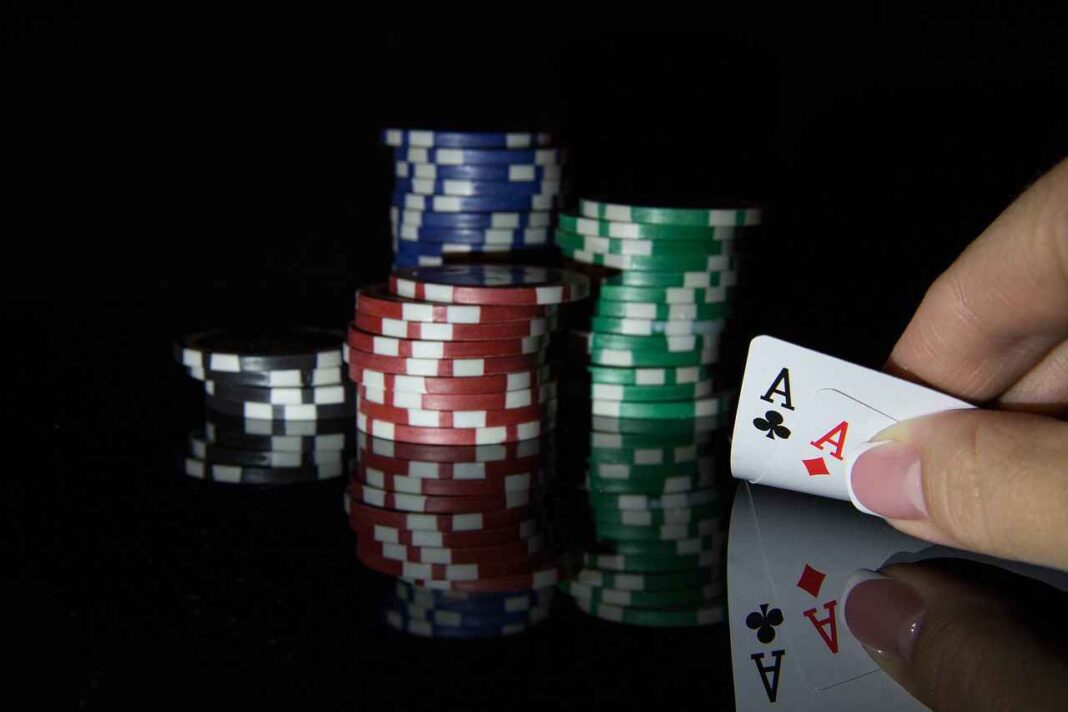If you haven’t heard yet, the U.S. government is cracking down on online poker sites like Full Tilt Poker, Poker Stars, and Absolute Poker, aiming to claim a chunk of the industry’s massive annual revenues. They’ve frozen bank accounts and indicted several top executives, seeking up to $3 billion in fines and restitution.
Now, I’m a fan of poker and don’t really see it as gambling since you’re playing against other players, not the house. However, the government sees things differently, labeling it as gambling. Despite their view, if poker truly were gambling, how do we explain the consistent wins of pros like Phil Hellmuth and Phil Ivey? They win because it’s a skill game, not just luck.
The government’s move has sparked a lot of debate. For example, Michael Borg and another player named Fellner have been directly impacted. Borg had to start job hunting just three months after going pro, and Fellner had hoped to fund his education through poker. Both feel like they’re just collateral damage in the government’s effort to tap into poker revenues.
Honestly, I think this crackdown might unintentionally save some players from themselves. Borg, with only $3,000 to his name, was dreaming if he thought he could make a stable income from poker. And Fellner, planning to pay for college with poker winnings? It sounds like a risky plan that could have easily led to a pile of debt.
This government intervention might actually be a good thing for many. It’s pushing people to reconsider their career paths and look into more stable and traditional forms of income and education, rather than relying on the unstable and uncertain world of online poker.
In any case, the debate continues. Is poker a form of gambling, or a skill game? Whatever the case, it’s clear the government wants in on the action, and this crackdown could be just the beginning of a new regulatory framework for online gambling.










































